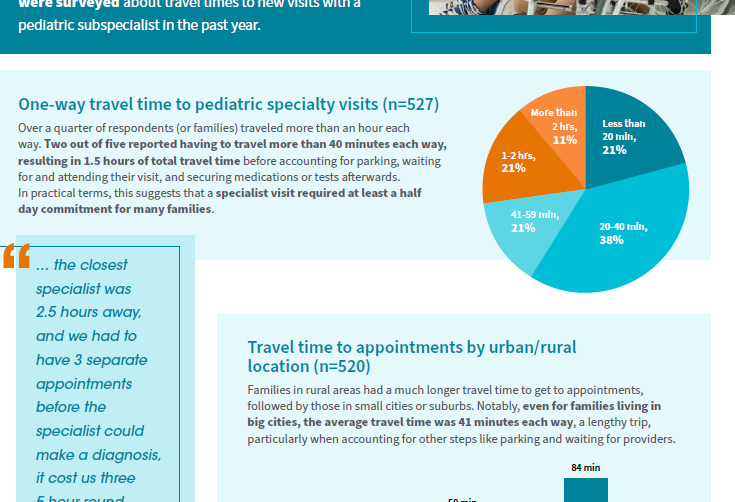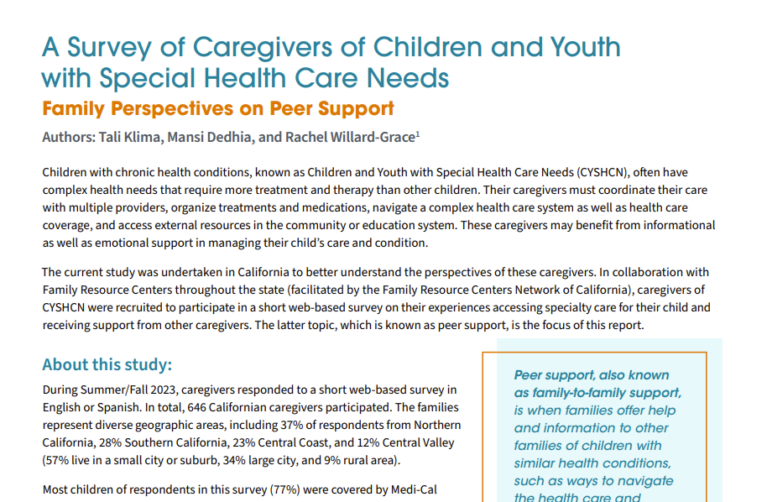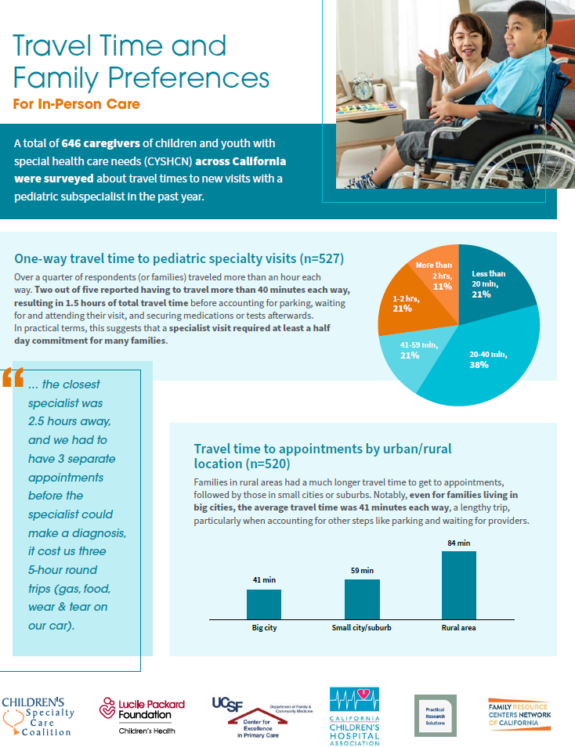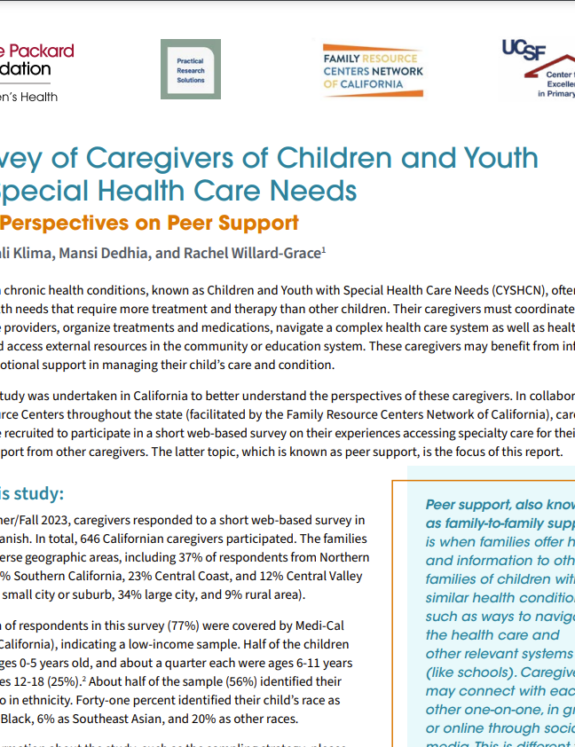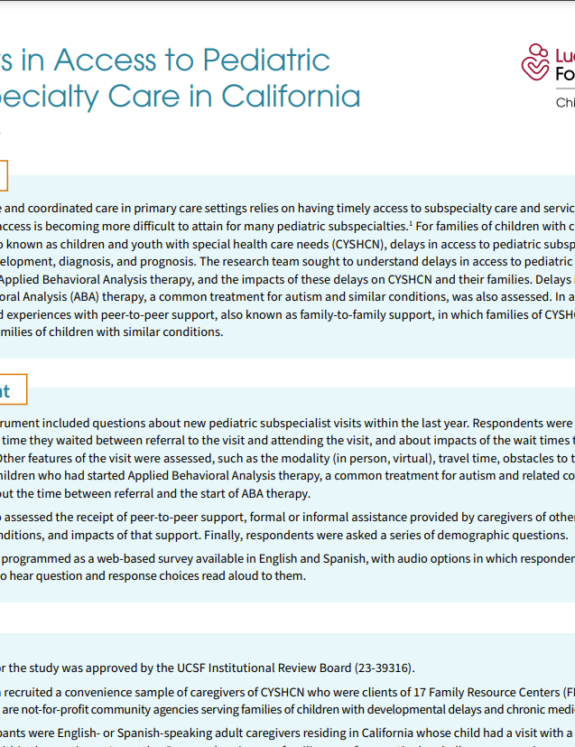A Better Way: Team Care for Children with Special Health Care Needs
Chronic illness is often accompanied by psychological, social, and financial challenges that unaddressed impede effective medical care. Achieving optimal health-related quality of life then requires comprehensive, patient- and family-centered care based on their needs and goals. Such care necessarily involves close collaboration among the health care team members and established linkages with a variety of community service providers. Although health care teams have a long history, particularly in community clinics, broad adoption of this model of care is hampered by the need to redesign not only individual medical practices, but also by the need to transform health care systems and processes of reimbursement so they are supportive of team-based care. As the prevalence of chronic illness increases, it will be worth the necessary investments to achieve desirable and obtainable outcomes.
